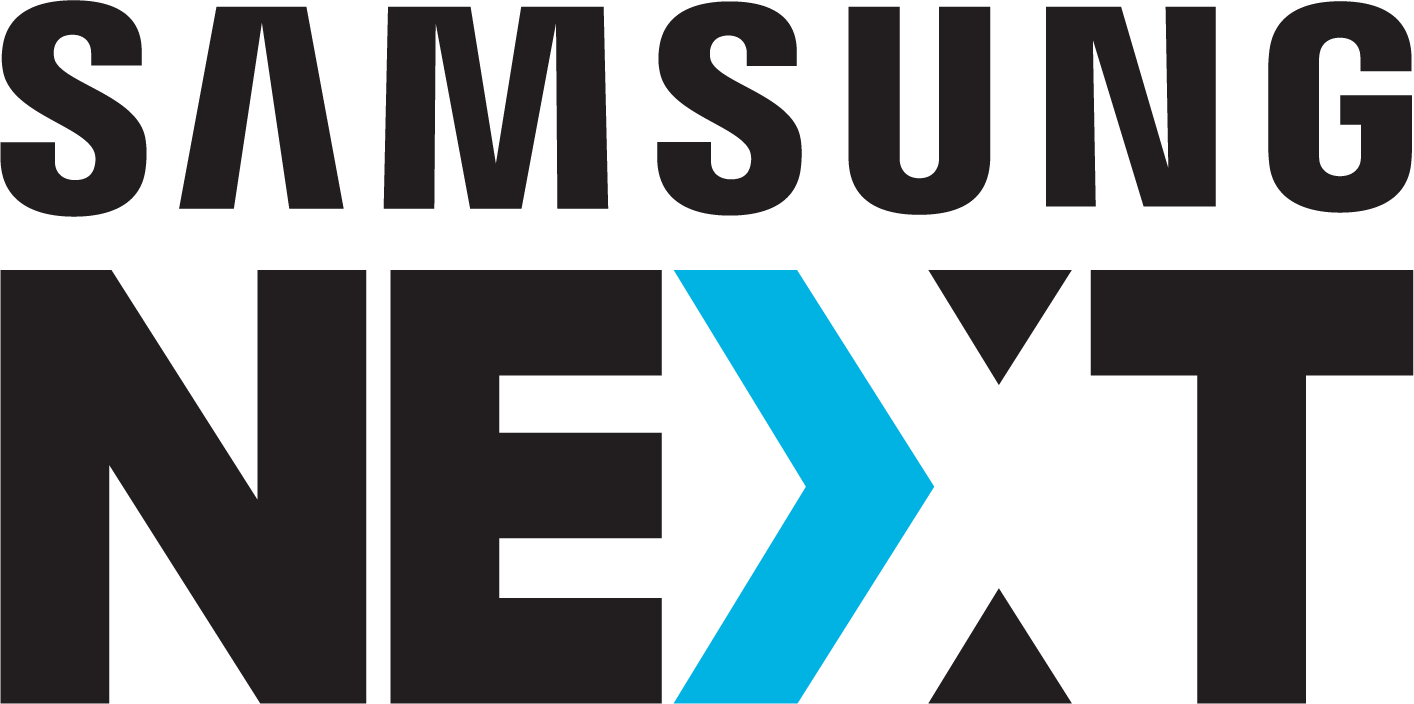Why we invested in Expanso, a distributed compute platform that reduces latency and enhances data governance capabilities
Data is being gathered from everywhere, and most of it is coming from outside of traditional, monolithic datacenters. This poses challenges for making use of this stream of information, because centralizing, processing, and analyzing the data is slow, expensive, and comes with significant security risks. While many organizations custom build edge and peer-to-peer computing solutions that aim to reduce these issues, this comes with its own problems including increases in developer time, maintenance cost, and needing to learn and reinvent 40 years of distributed computing knowledge. As a result, a significant amount of enterprise data goes entirely unused. However, the growth of global data generation is accelerating, with emerging technologies such as generative AI and the widespread adoption of 5G networks , emphasizing the need for streamlined distributed computing solutions.
Expanso is revolutionizing computing infrastructure with its lightweight, distributed job orchestration, allowing organizations management and control of data and machine learning jobs running on an entire network of devices rather than waiting to move all the data to centralized data centers. This shift brings several advantages. First, it enables lower latency by conducting data processing jobs where the data is being created. Second, it enhances data privacy and security because raw data remains on users’ devices or at the edge, offering greater control over personal information. Third, distributing computing tasks across a network of peers improves overall compute efficiency compared to reliance on centralized data centers. At the end of the day, a platform like this has broad utility, from video processing on the smallest edge devices, to sharing sensitive petabyte (or larger) datasets between enormous organizations. The descriptive term for this approach that the industry has rallied around is “Compute over Data”, and we are excited to support this movement.
Particularly noteworthy is Expanso’s focus on addressing the mounting volume of data generated, especially at the network edge. Through decentralizing computation, Expanso facilitates more effective, timely, and efficient analysis of this data. We’re excited to invest in Expanso for many reasons, including the potential for new applications driven by real-time data analysis, more efficient resource utilization than in traditional data centers, and the ability to empower users with greater data privacy control. We believe an approach that recognizes both data gravity, and the underused power of distributed devices, while giving developers the same reliability and verifiability as running in a traditional datacenter will be part of every organization's IT infrastructure in the future.
Expanso benefits from the leadership of two seasoned tech veterans. David Aronchick, the CEO and Co-founder, boasts a rich background at tech giants like Amazon, Microsoft, and Google, where he played a key role in developing Kubeflow, an open-source platform for machine learning operations. His experience underscores a deep understanding of large-scale data processing and business challenges. Similarly, Walid Baruni, the CTO, brings expertise honed during his tenure at Amazon, particularly in cloud computing infrastructure. Together, their collective experience and emphasis on open-source solutions, as demonstrated by projects like Bacalhau, signal a commitment to transparency and collaboration within the developer community. This alignment, combined with their technical proficiency, positions Expanso favorably to deliver an innovative decentralized data processing solution.
While distributed compute infrastructure is still evolving, Expanso is at the forefront of this movement and we’re excited to see the team continue to pioneer the space.
Andy Duong is an investor at Samsung Next. Samsung Next’s investment strategy is limited to its own views and does not reflect the vision or strategy of any other Samsung business unit, including, but not limited to, Samsung Electronics.
